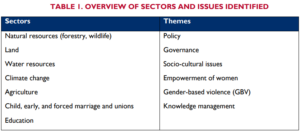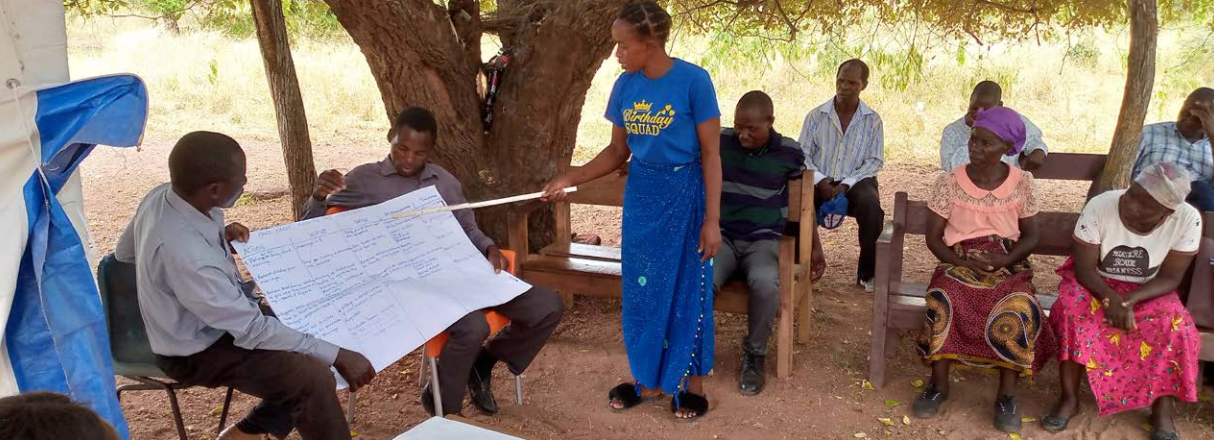Introduction
Between 2019 to 2023, the United States Agency for International Development (USAID) funded Integrated Land and Resource Governance (ILRG) program provided technical and financial support to the House of Chiefs (HoC) in Zambia to increase the capacity of traditional leaders in championing gender equality and promoting inclusive development in chiefdom administration. The intervention aimed to enhance the capacity of traditional leaders to play an effective role in shifting harmful gender norms related to women’s land rights, and participation in land governance and natural resource management. Zambia’s customary chiefs play a central role in establishing the customary rules that govern natural resource management and, in the allocation and administration of over 75 percent of Zambia’s land area. They are also key guardians of local culture and social relationships, particularly gender norms, for the majority of Zambia’s population and as such are important champions to shift norms that restrict women’s land rights.
The development of the Gender Guidelines for Traditional Leaders in Management of Natural Resources in the Chiefdoms (from hereon, referred to as the Gender Guidelines) was an initiative of a selection of the Chiefs/Chieftainess in the HoC who desired to find a solution to the pressing gender equality issues in their chiefdom administration. The initiative was led by a team of six traditional leaders that formed the Gender Committee at the HoC in 2020 with the aim of developing a resource to aid gender integration in natural resource management and chiefdom administration. A consultative process identified various entry points, including sectors, themes, and cross-cutting issues:

The Gender Guidelines provide general direction for integrating gender equality into resource management and a set of practical measures that can be adapted and contextualized based on customs and traditional systems in each chiefdom. Once implemented, the Gender Guidelines were expected to increase the contributions of traditional leaders to the promotion of gender equality and inclusive development in Zambia. The Guidelines were launched in 2021 and subsequently disseminated to all 288 chiefs across the country. ILRG piloted and monitored the implementation of the Gender Guidelines in two Chiefdoms. This report documents the implementation processes in the two Chiefdoms, reflecting on the successes, challenges, and lessons learned in their use as a tool to strengthen the capacity of traditional leaders to shift harmful gender norms and increase the participation of women in land and natural resource governance. The report identifies opportunities and recommendations for stakeholders on how to further support traditional leaders to lead gender equality in local governance.


